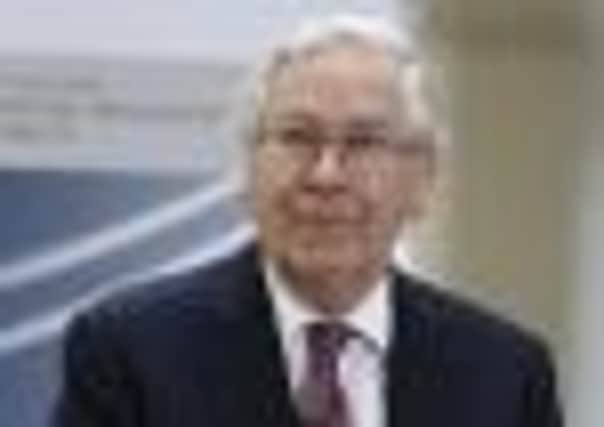Regulators call on banks to reserve more than £25bn


Governor Sir Mervyn King sparked a row with Business Secretary Vince Cable when defending the ruling by the new financial policy committee (FPC) that lenders need to fill the capital black hole it believes still exists in their balance sheets.
Although King claimed the extra capital-raising was sensible and required no extra taxpayers’ money, Cable publicly questioned its wisdom when banks were being urged to lend more to kick-start a recovery in the stagnant UK economy.
Advertisement
Hide AdAdvertisement
Hide AdBut the minutes of the FPC meeting on 19 March, released yesterday, showed members, who along with King also include deputy governors Charlie Bean and Paul Tucker, were concerned even the £25bn might be insufficient.
The committee unanimously recommended that the Prudential Regulation Authority (PRA) should also impose higher capital requirements on banks or building societies deemed particularly at risk.
It said: “The PRA should consider applying higher capital requirements to any major UK bank or building society with concentrated exposures to vulnerable assets, where there are uncertainties about assets not covered in the Financial Services Authority’s assessment of future expected losses...or where banks are highly leveraged relating to trading activities.”
The PRA is charged with overseeing the financial strength of banks and insurers.
Banks have to raise their capital ratios to 7 per cent of risk-weighted assets by the end of this year. The CBI employers’ group has also cast doubt on how an extra £25bn of capital could be found without restricting lending to households and businesses.
The FPC minutes also show its concern about the near-financial collapse of Cyprus, forestalled by the European Union bailout.
“Over recent weeks concerns about the stability of the Cypriot banking system had risen sharply,” the report said. “At the time of the committee’s meeting there had been minimal signs of spillovers to other financial systems, but there was a risk that this situation could change.”